Considering that population ageing is a global and multigenerational phenomenon that will deepen over time, whose effects impact on the economic, political and cultural levels, as well as on older persons’ rights;
Taking into account that Argentina and the rest of countries in Latin America and the Caribbean are in a clear demographic transition towards ageing, and it is estimated that older people will soon represent 20% of the total population, among which the majority are women;
Noting that, according to the «National Survey on the Quality of Life of Older Persons in Argentina” (ENCAVIAM, 2024), only 10% of the population aged 60-74 and 40% of those aged 75 and over, suffer from diseases that cause dependency, and, consequently, it could be inferred that 90% of older persons between 60 and 75, and 60% of the rest, do not suffer from them;
Assuming that older persons are pillars of society, contribute with their wisdom, experience and productivity to our community, as well as with their money to the payment of taxes, services and goods;
Recalling the “United Nations Principles for Older Persons” (1991); the Proclamation on Ageing (1992); the Political Declaration and the Madrid International Plan of Action on Ageing (2002); and noting that the United Nations General Assembly designated 15 June as “World Elder Abuse Awareness Day” (Res. A/RES/66/127));
Highlighting that very «Inter-American Convention on Protecting the Human Rights of Older Persons» of the Organization of American States (OAS) defines old age as a gradual process that develops over the course of life and entails biological, physiological and functional changes with varying consequences, which are associated with permanent and dynamic interactions between the individual and their environment, without these alterations constituting a disease by themselves, and that the Convention establishes the obligation to eradicate ageism, among which is the uncritical association of old age as a disease, and understands it as a sociocultural construction;
Noting that the World Health Organization (WHO) intends to include old age as a disease in the International Statistical Classification of Diseases and Related Health Problems (ICD) in its new edition, which shall be published in January 2022 (https://icd.who.int/dev11/lm/en#/http://id.who.int/icd/entity/83550319);
Recognizing the clear contradiction of this measure with what the WHO itself has established in its Resolution of December 2020, in which it proclaimed the «Decade of Healthy Ageing (2021-2030)”, in line with the WHO “Global Strategy and Action Plan on Ageing and Health”, with the “United Nations International Action Plans on Ageing” and
the United Nations “Sustainable Development Goals” of the 2030 Agenda;
Reiterating that, according to the aforementioned “Inter-American Convention”, healthy ageing is a continuous process of optimizing opportunities to maintain and improve physical and mental health, independence and quality of life throughout life”.
The signatory entities DECLARE:
Old age should not be considered as a disease in the International Code of Diseases:
1) It is a misconception. During old age, as in the other stages of the life cycle, bio-psychosocial changes
occur without per se constituting injuries or disorders that the WHO defines as disease;
2) Its inclusion does not have solid quantitative and qualitative scientific grounds;
2) It consolidates a misleading concept around a stage of life;
3) It promotes negative stereotypes and prejudices, extremely difficult to reverse once they
are naturalized;
4) It encourages the development of beliefs, behaviors, social and discursive practices,
health and economic policies and legislation, that are ageist, that is, discriminatory against
people just because they are older persons.
THEREFORE:
We emphatically reject the inclusion of old age as a disease within the International Code of Diseases (ICD);
We urge international entities, States and the community to undertake appropriate actions to prevent, eradicate and punish all cultural ageism, since older persons have the same dignity, rights and fundamental freedoms as everyone else.
We propose including “frailty” as a gerontological clinical category based on evidence, since it refers to the progressive disorders that affect the daily functioning of older people in the execution of basic and instrumental activities. It encompasses social vulnerability and is more predictive of responses to treatment, of the need for institutionalization, or of the risks of mortality, than the reference to chronological age alone.
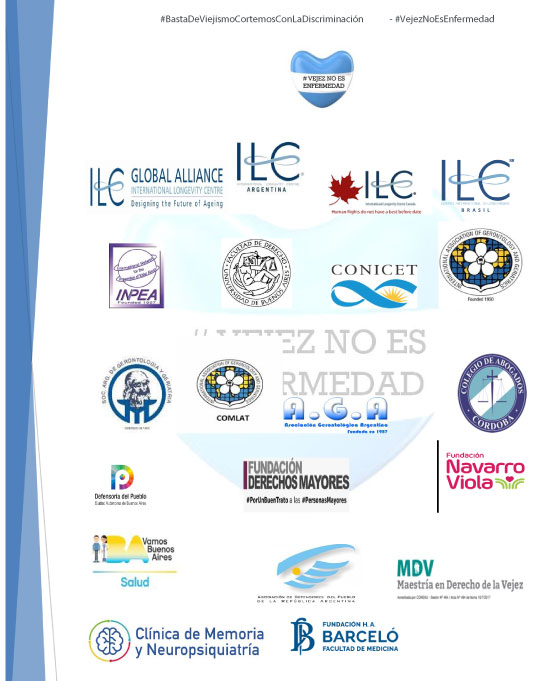
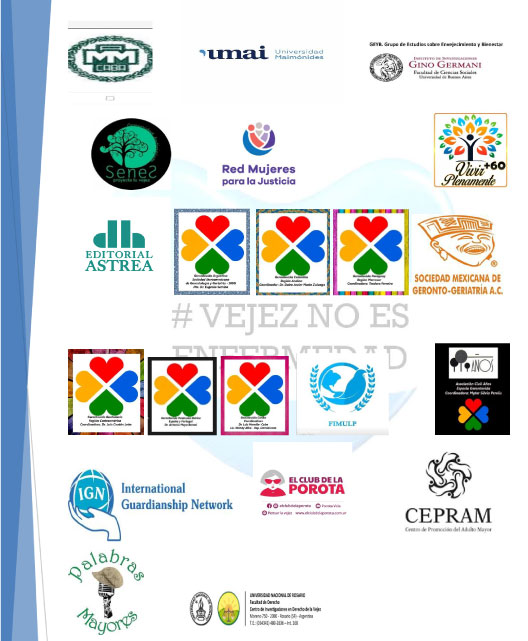
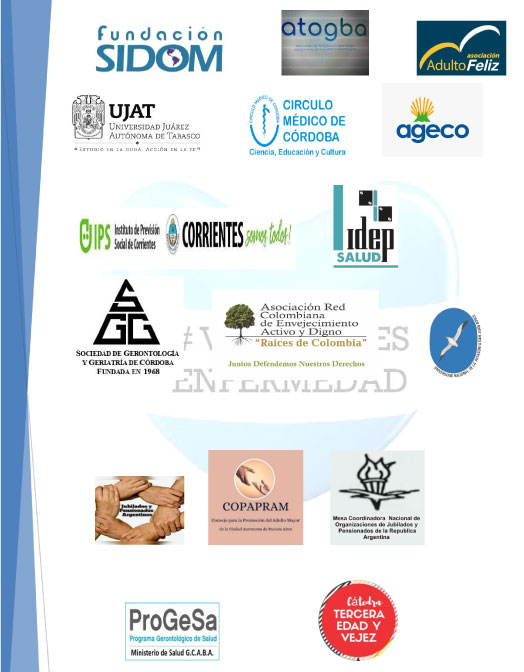
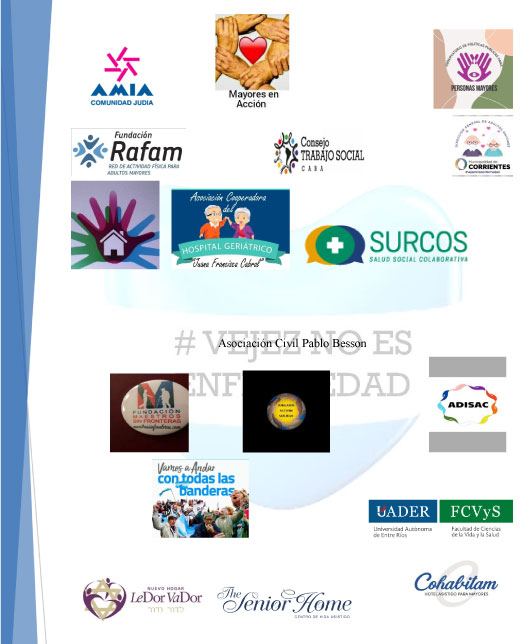
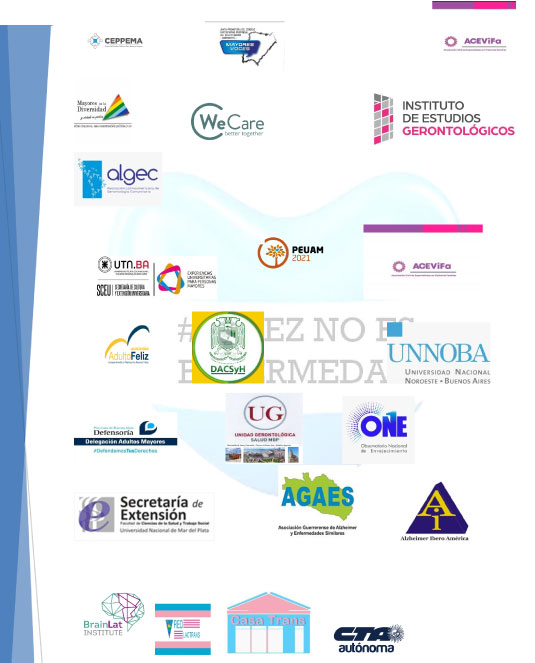
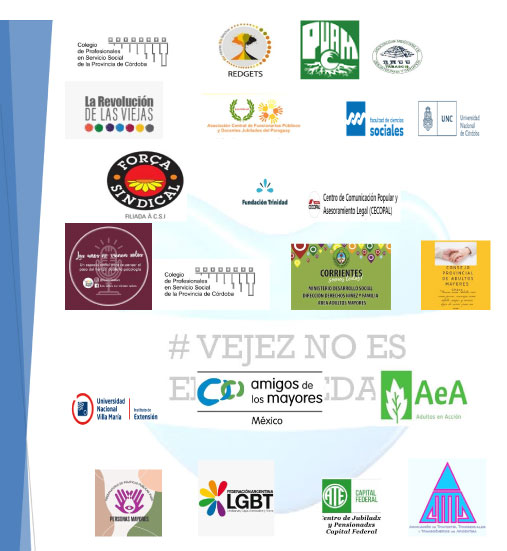
Download original document:











